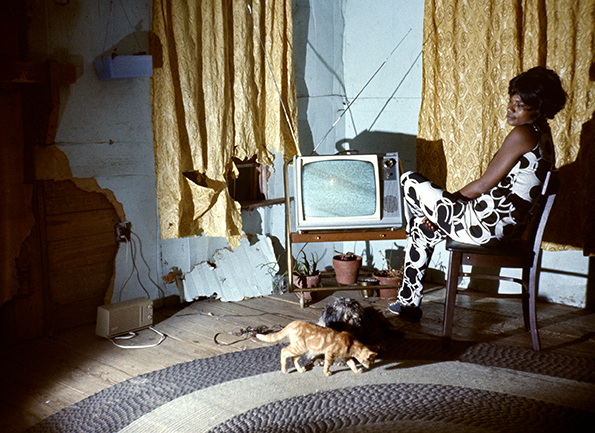|
Description
|
On the humid stifling backroads of Alabama, I came to Mary and her son, John, to get a glass of water. Without indoor plumbing, we ended up—in more ways than one—sharing water at the Samaritan woman’s well. Mary and I romanticized our relationship in these harsh surroundings, but her trust in people around her wasn’t like mine: She had three pistols and a shotgun under the bed. One night, for no reason other than her having a white man living with her, three whites threw a firebomb into her kitchen. The entire house went up in flames. She managed to get her son out, but her brother, who was asleep, perished in the fire.
The tragedy threw me into my recurring dilemma: Can I, as an outsider, have fully human relationships with those deemed pariahs? Those who want to maintain a caste system will always condemn such relationships. Crippling taboo systems can therefore be broken down only if on a personal level we try to be fully human to everyone—with the risk this entails for deeper feelings and infatuation. But ignoring each other’s background can also, as in Romeo and Juliet, imply danger for oneself and others—danger or, if it’s conscious, fear, which must never limit us in our human involvement, in the love of our neighbor as of ourselves.
Backroads near Union Springs, AL – August 1975
|
